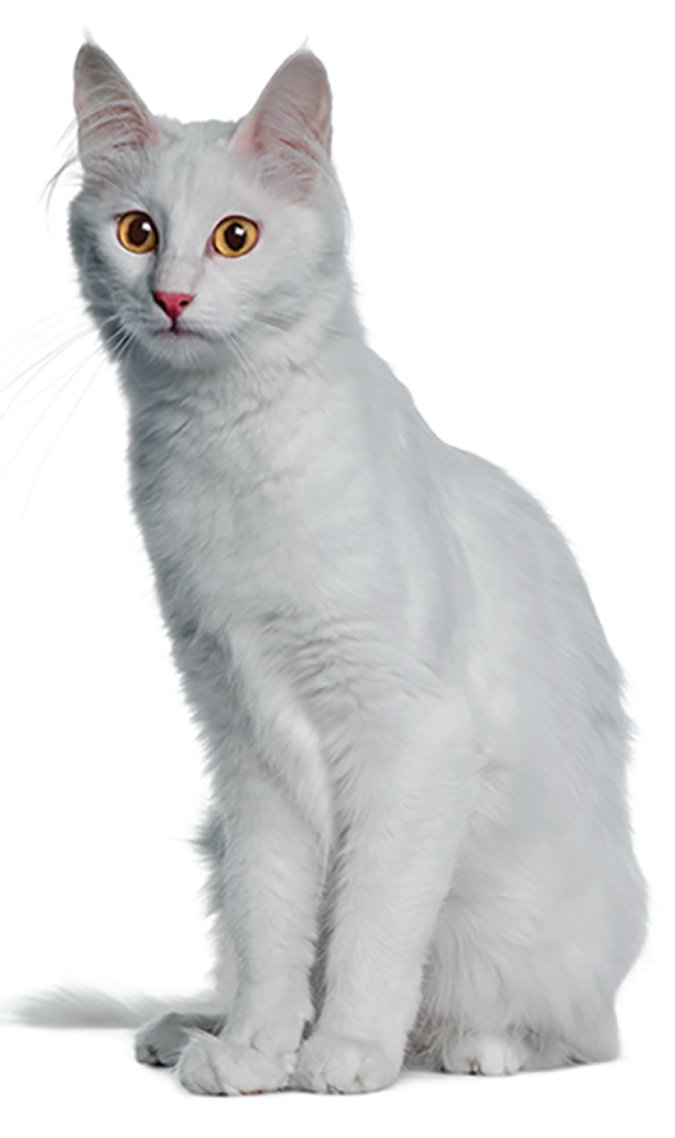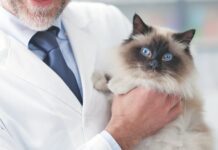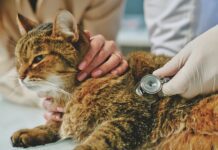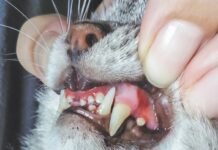Researchers recently reported in ACS Infectious Diseases that some common herbicides can kill the parasite T. gondii, which is found in cat feces and can cause birth defects. The infection, called toxoplasmosis, can occur in humans eating undercooked contaminated meat, exposed to infected cat feces, or mother-to-child transmission during pregnancy. The parasite causes mild or no symptoms in most people, but it can cause severe illnesses in immunocompromised people and birth defects in the fetuses of pregnant women.
T. gondii expresses an enzyme that more closely resembles the plant version of the enzyme than the mammalian one. The enzyme, which helps make an essential compound called heme, is the target of some common herbicides, including oxadiazon. The reseachers wondered if these herbicides or their derivatives could kill not only weeds, but also T. gondii, without harming human cells. They found their theory was correct, confirming the derivatives inhibited the enzyme without harming human cells that hosted the parasites.
Rees KC, et al. “Oxadiazon Derivatives Elicit Potent Intracellular Growth Inhibition against Toxoplasma gondii by Disrupting Heme Biosynthesis.” ACS Infectious Diseases, 2022; Science Daily.
Osobystist | iStock
Probiotics are live microorganisms (mainly bacteria) that live in a healthy gastrointestinal tract. Supplementing probiotics is thought to help replenish the population of good, normal bacteria to help get an upset GI tract back to normal.
“There is some evidence that cats with chronic diarrhea will modestly respond to addition of probiotics,” says Joseph J. Wakshlag, DVM, PhD, board-certified veterinary nutritionist and chief of the nutrition service at Cornell University’s College of Veterinary Medicine. “It is somewhat equivocal, but typically, probiotics can help with recovery from transient diarrhea a day or two quicker.”
Many veterinarians send probiotics home with cats suffering from diarrhea, either as a sole treatment or with other medications such as the antidiarrheal medication metronidazole. For severe diarrhea and more serious GI issues, probiotics are unlikely to resolve the problem on their own. Probiotics are not medicine. “There is little evidence that they will help with IBD (inflammatory bowel disease) in any substantial way,” says Dr. Wakshlag.
Healthy cats generally do not require supplementation with probiotics. Giving probiotics may be beneficial for situations in which your cat is likely to develop mild diarrhea, such as during a diet change or when staying at a boarding kennel. You can start giving the probiotics a few days before and continue until either your cat has completely transitioned to the new diet or is back home after being boarded. By giving the probiotics before the anticipated trigger, you may be able to keep your cat’s GI tract in balance and stave off loose stools.
Your veterinarian may send home probiotics for your cat when she needs an antibiotic. The probiotic can help support the good bacteria in your cat’s gut that may be harmed by the antibiotic. For best results, you should give your cat the probiotic at a different time than you give the antibiotic.
Rees KC, et al. “Oxadiazon Derivatives Elicit Potent Intracellular Growth Inhibition against Toxoplasma gondii by Disrupting Heme Biosynthesis.” ACS Infectious Diseases, 2022; Science Daily.




